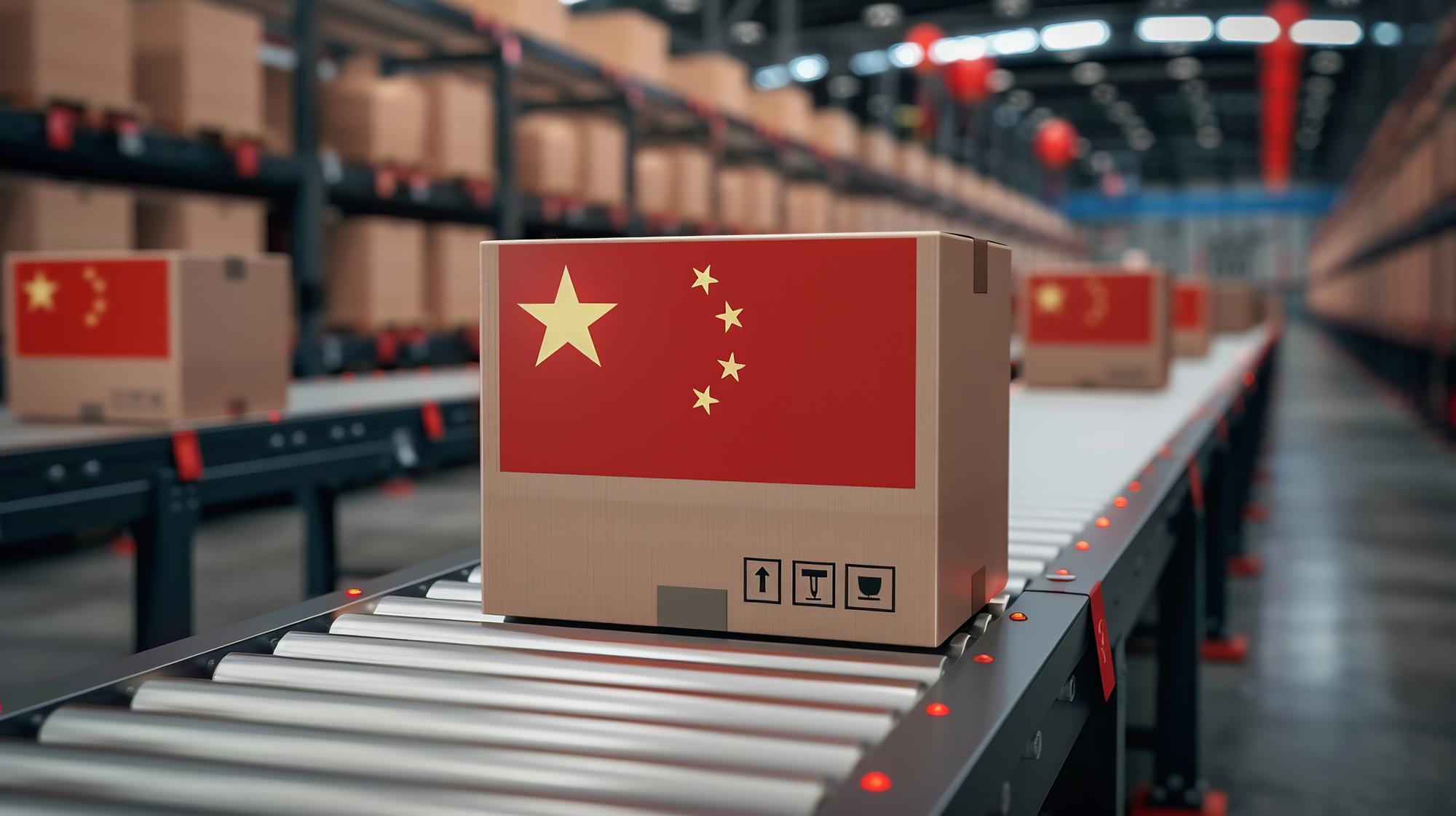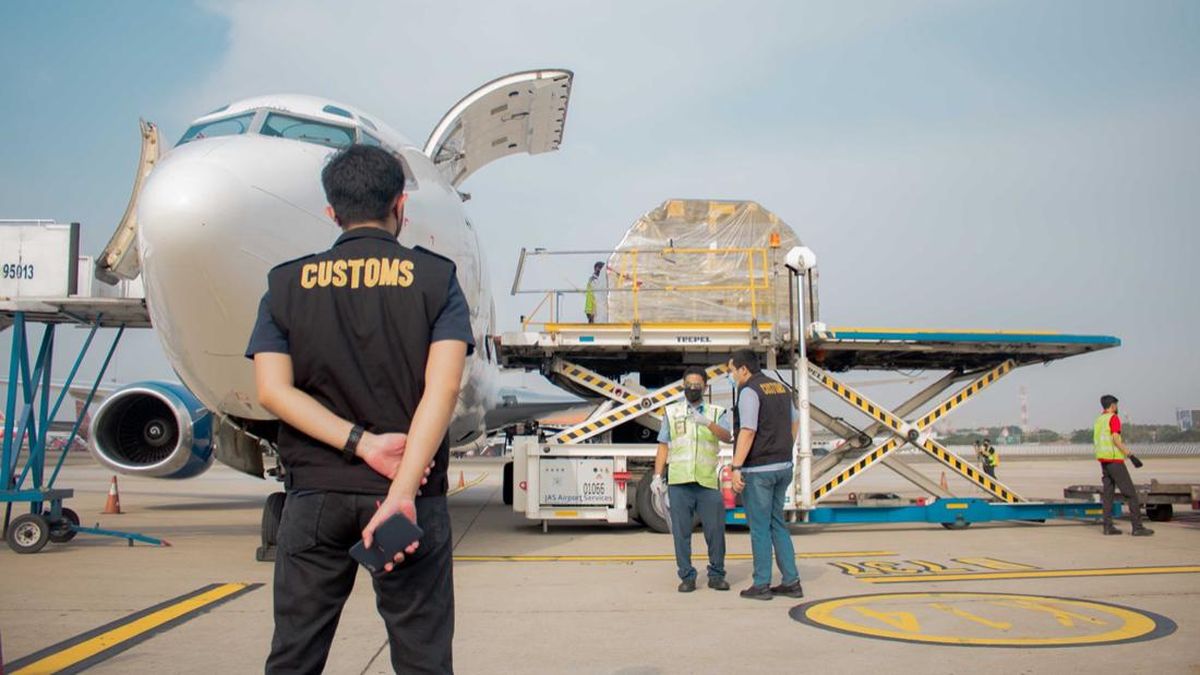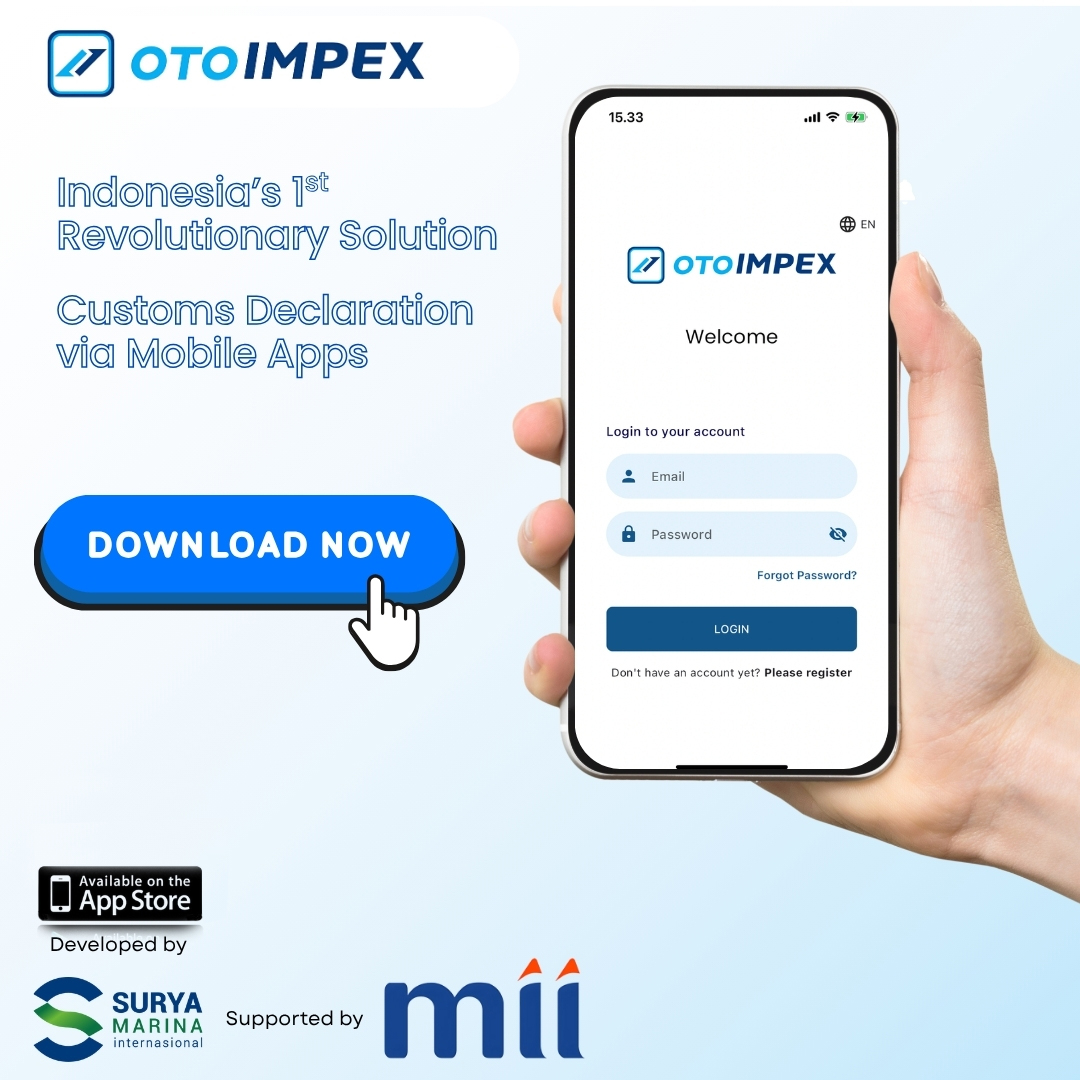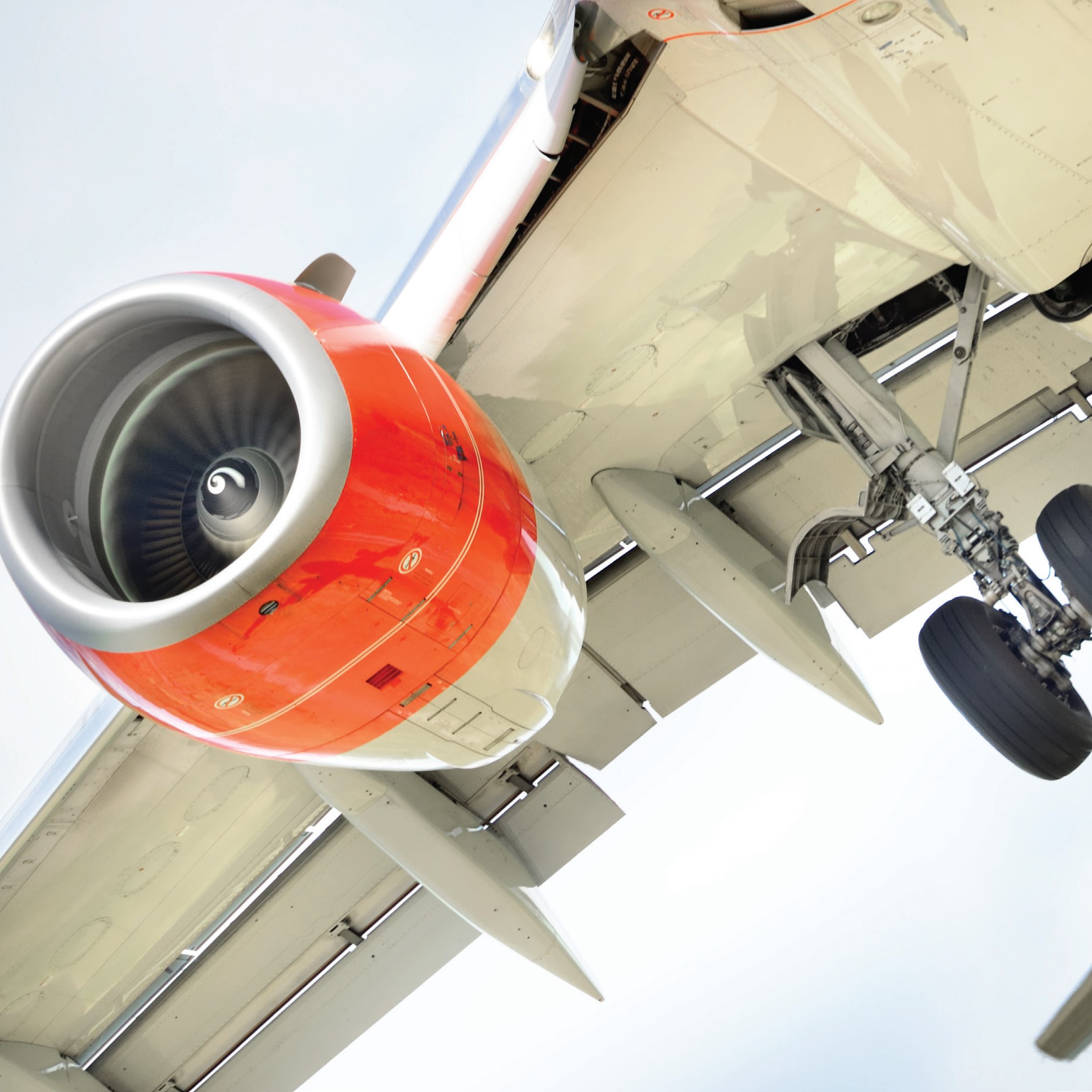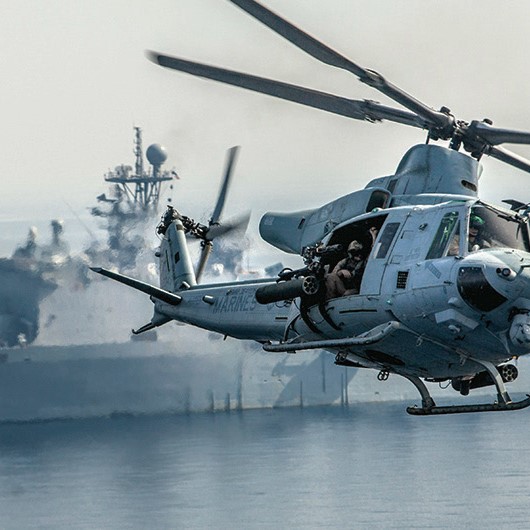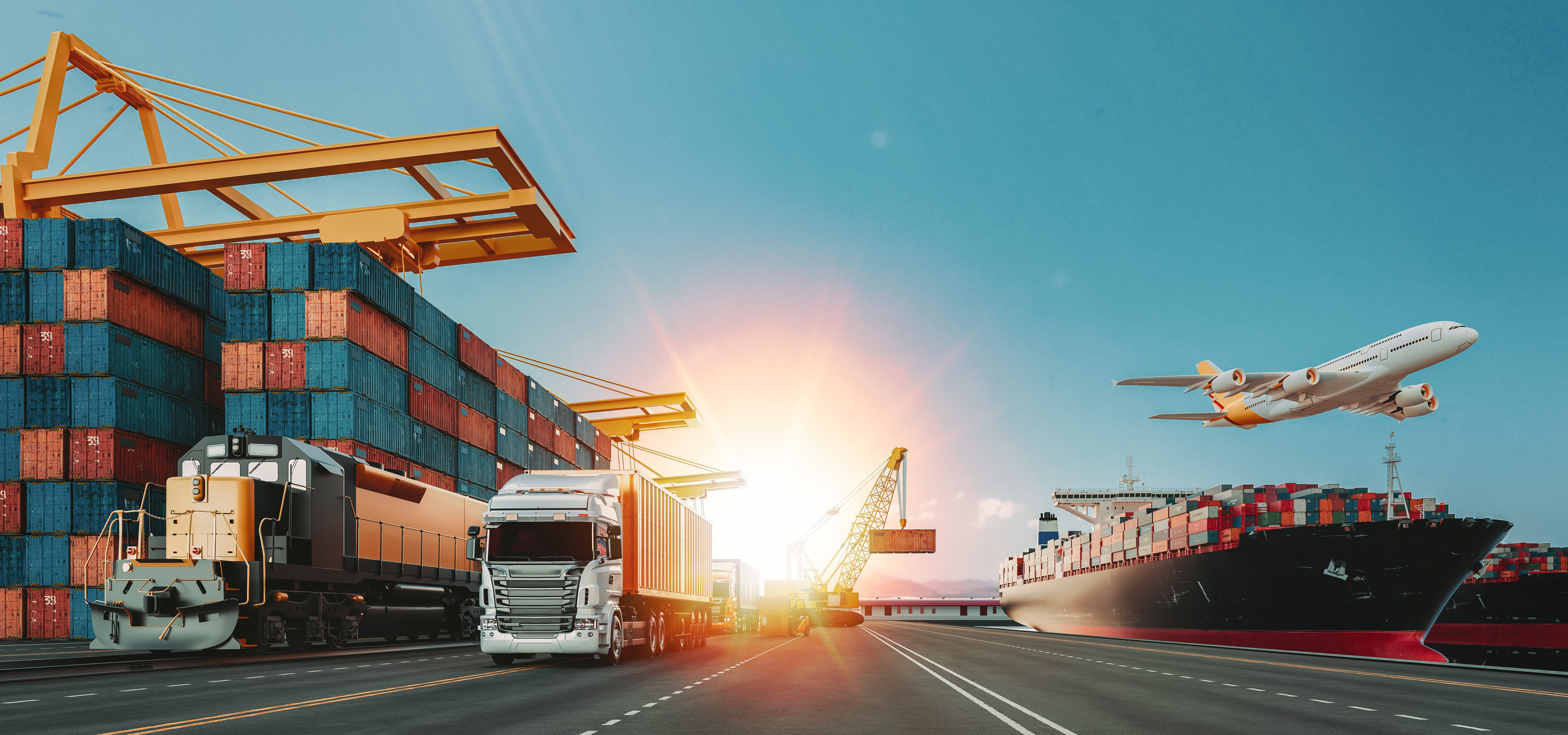
GLOBAL FREIGHT MANAGEMENT (AIR, OCEAN, and LAND)
Global Freight Management (GFM) is a critical component of international trade and supply chain operations. It refers to the strategic coordination, planning, and execution of transporting goods across the world via air, ocean, and land. As businesses increasingly source and sell products across continents, efficient freight management ensures the timely, cost-effective, and secure movement of cargo across complex global networks.
GFM is not simply about moving goods from Point A to Point B. It encompasses an intricate ecosystem of logistics service providers, customs brokers, regulatory agencies, digital platforms, and advanced transportation systems — all working in tandem to manage millions of shipments each day.
Air Freight Management
Air freight is the fastest mode of international cargo transportation and is typically used for high-value, time-sensitive, or perishable goods. Global air freight management involves:
- Carrier selection and route optimization to ensure efficient and cost-effective delivery.
- Consolidation services to maximize aircraft space and reduce costs.
- Security screening and compliance with International Air Transport Association (IATA) and local customs regulations.
- Documentation and cargo tracking, such as airway bills, export declarations, and real-time GPS tracking.
While air freight offers speed, it comes at a higher cost and lower capacity compared to ocean freight. As such, global freight managers must carefully weigh cost versus urgency in determining the appropriate use of air logistics.
Ocean Freight Management
Ocean freight accounts for more than 80% of global trade by volume. It is the most cost-effective option for large, bulky, or non-urgent goods. Key functions of global ocean freight management include:
- Containerized shipping (FCL/LCL): Full Container Load (FCL) or Less-than-Container Load (LCL) based on shipment size.
- Port-to-port and door-to-door services, including transshipment and feeder vessel coordination.
- Carrier negotiations and space booking, especially critical during peak seasons or capacity shortages.
- Customs clearance and port documentation, such as bills of lading, packing lists, and certificates of origin.
Freight forwarders must also navigate maritime regulations, environmental requirements (such as IMO 2020 sulfur cap), and disruptions like port congestion or geopolitical trade routes (e.g., Suez Canal or Panama Canal issues).
Land Freight Management
Land freight — including road and rail — plays a crucial role in first-mile and last-mile delivery, as well as cross-border shipments across continental regions. Land freight management involves:
- Truckload (TL) and Less-than-Truckload (LTL) services for regional and long-haul delivery.
- Rail freight coordination, especially for bulk commodities or intermodal transport.
- Route planning and fleet optimization, often aided by telematics and AI-based systems.
- Compliance with highway regulations, safety standards, and cross-border documentation.
Land freight also enables intermodal transport, seamlessly integrating with air and sea freight for efficient end-to-end logistics solutions. For example, goods may arrive at a port by ocean, be trucked to an airport, and fly to a final destination — all coordinated under a single freight management system.
Strategic Considerations in Global Freight Management
Effective freight management requires balancing multiple strategic factors:
- Cost control vs service levels: Choosing between fast air freight or cost-efficient ocean/land freight.
- Inventory and lead time planning: Aligning transportation modes with production and sales cycles.
- Risk mitigation: Navigating disruptions like pandemics, trade wars, or natural disasters.
- Sustainability goals: Incorporating carbon footprint tracking and green transport alternatives.
GFM providers often offer multimodal solutions to meet specific business goals — combining various transport modes into seamless logistics chains that adapt to geographic, regulatory, and commercial needs.
The Future of Global Freight Management
The future of global freight lies in automation, sustainability, and integrated logistics ecosystems. Drones, autonomous trucks, smart containers, and hyperloop prototypes are reshaping the physical infrastructure, while digital twins, AI orchestration, and cloud-based freight platforms are transforming operational models.
Global Freight Management is the backbone of international commerce. Whether by air, ocean, or land, it connects factories to consumers, suppliers to retailers, and economies across continents. As globalization evolves and digital innovation accelerates, freight managers must continue to adapt, optimize, and innovate to meet the demands of modern supply chains. Mastery of global freight is not just a competitive advantage — it’s a strategic imperative for companies in the global economy.
MII provides integrated air, sea, and road transportation services worldwide, leveraging strong relationships with our global partners and network to meet the complex requirements of our customers.

